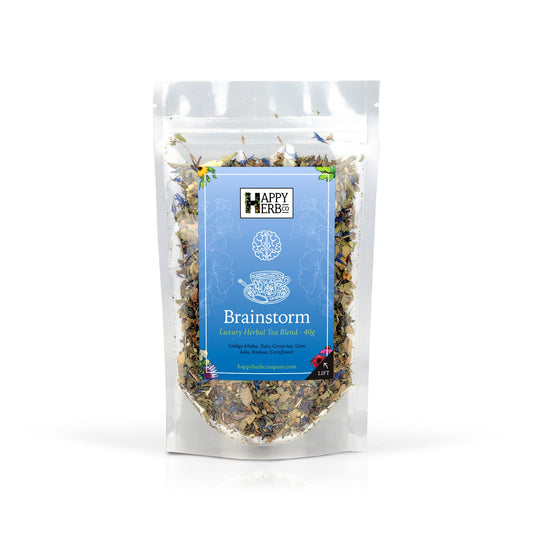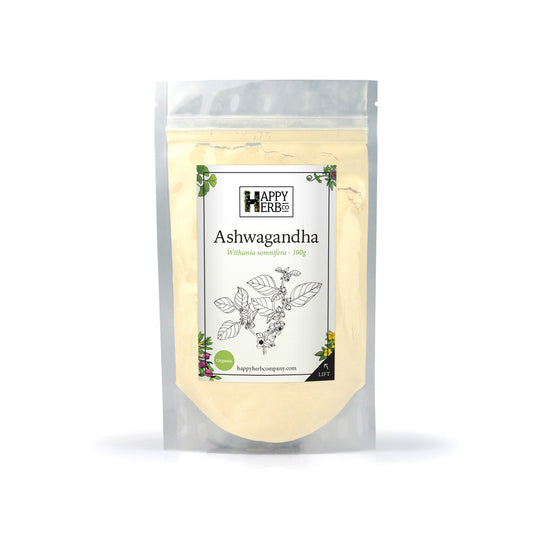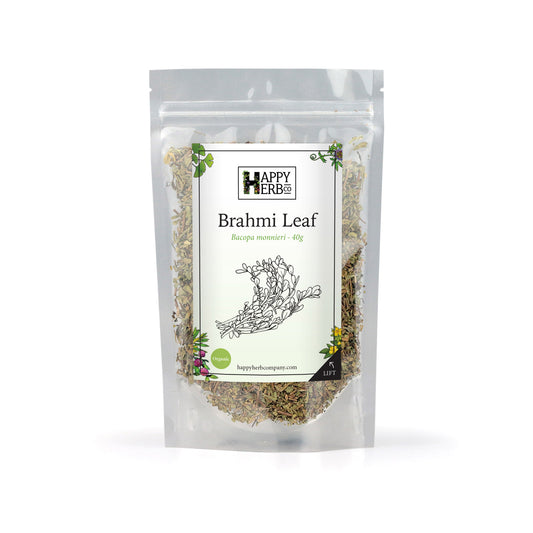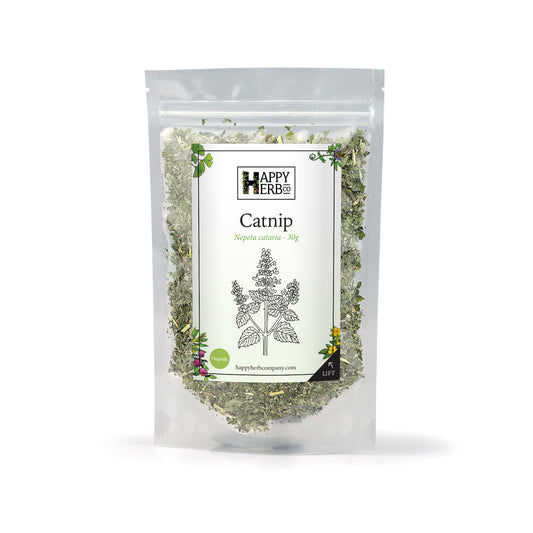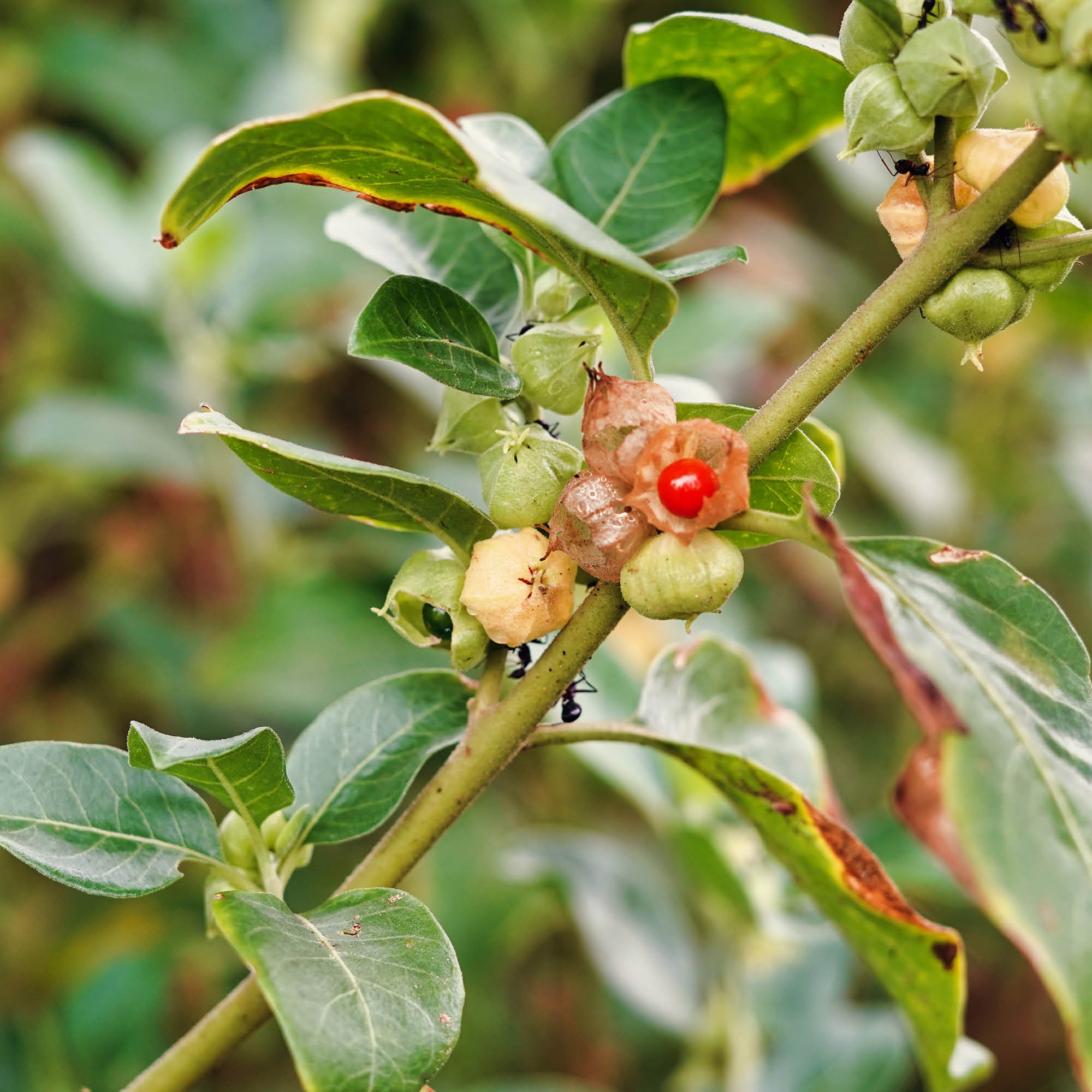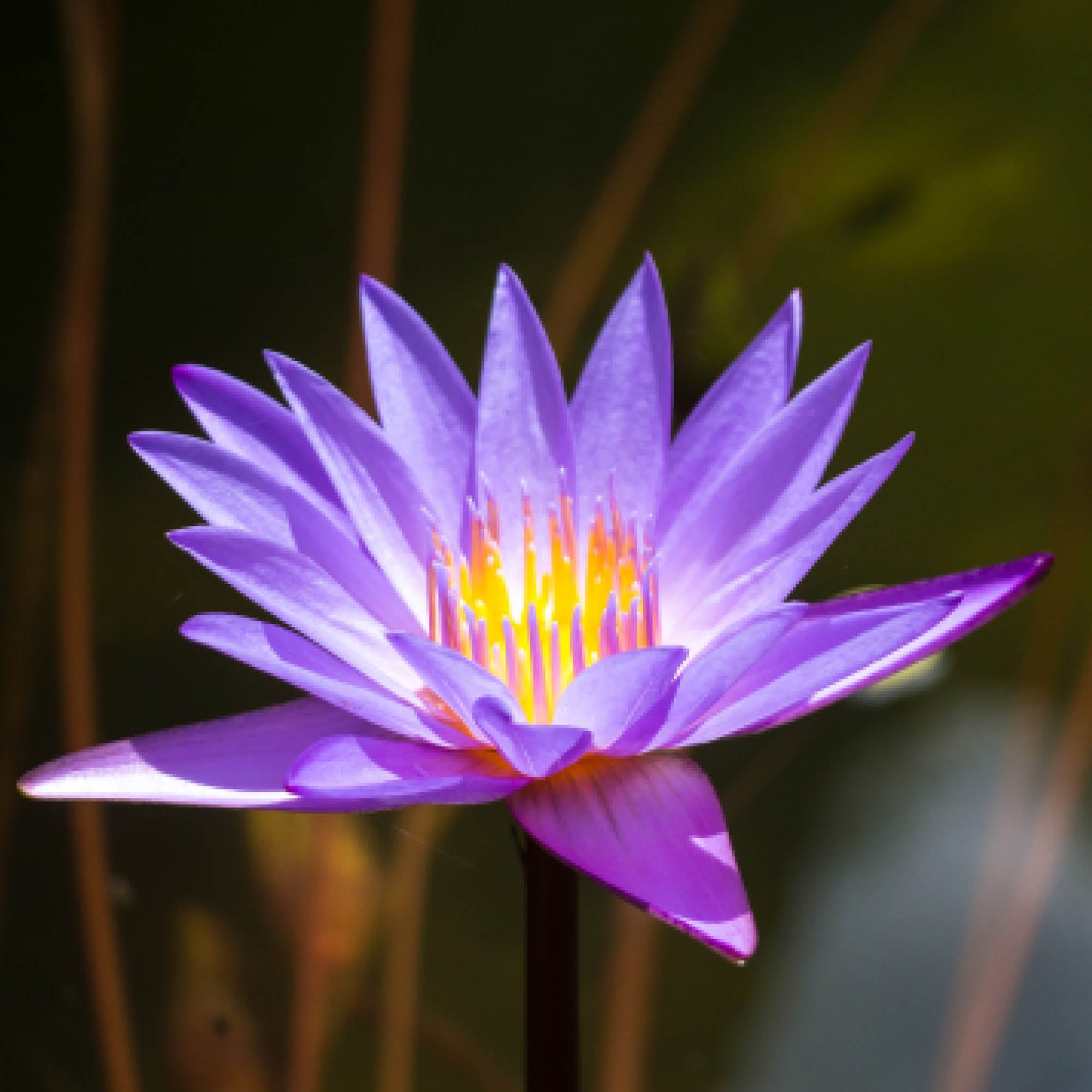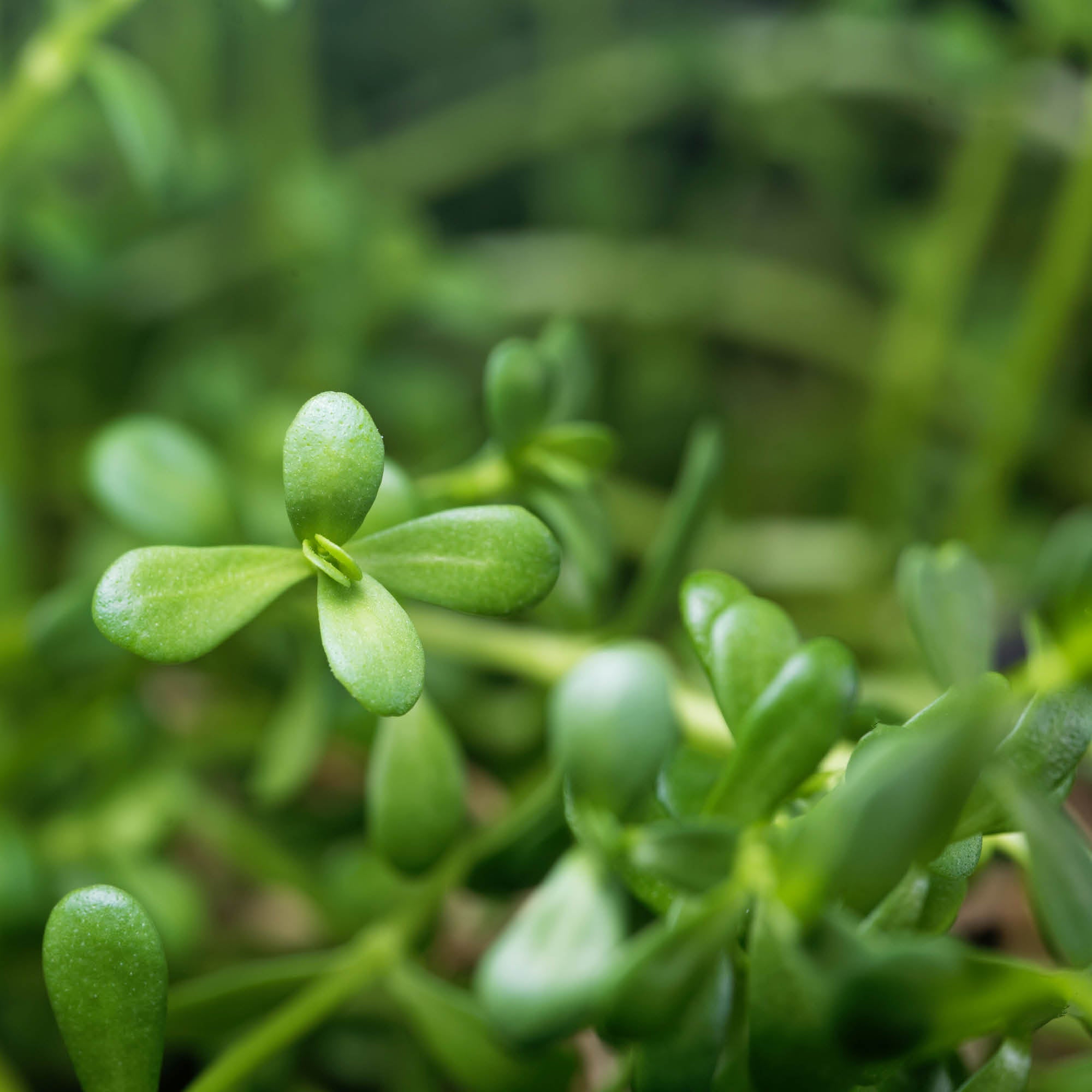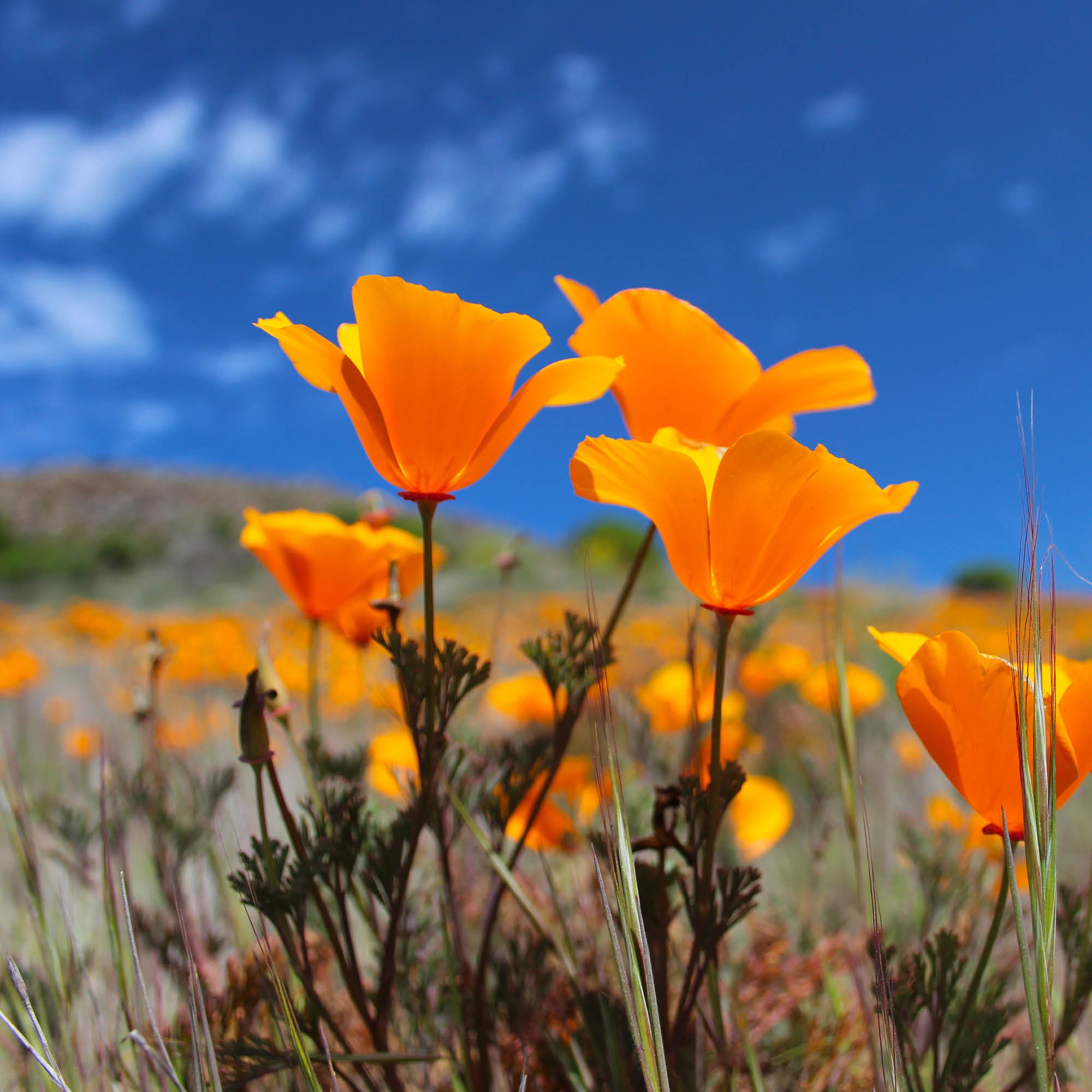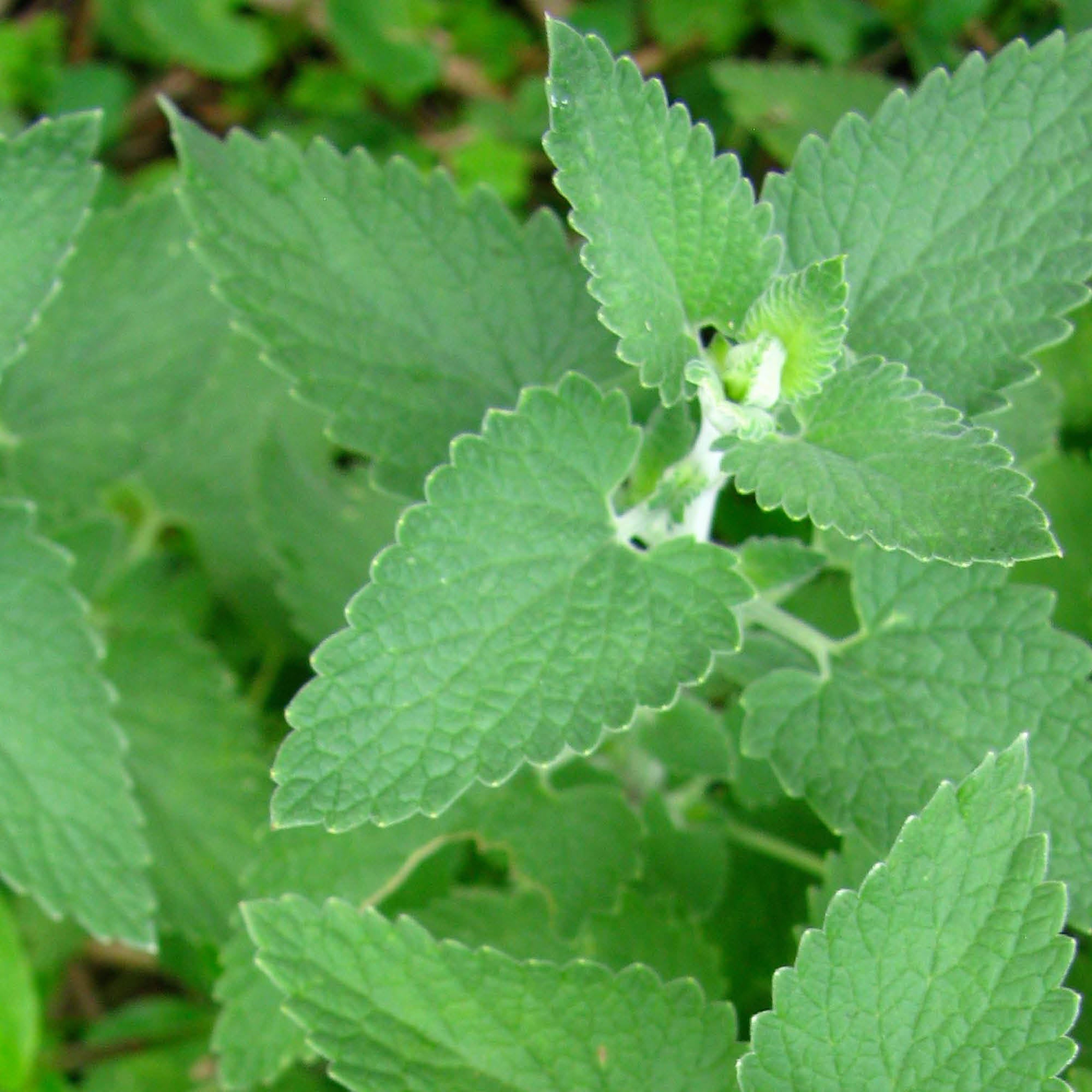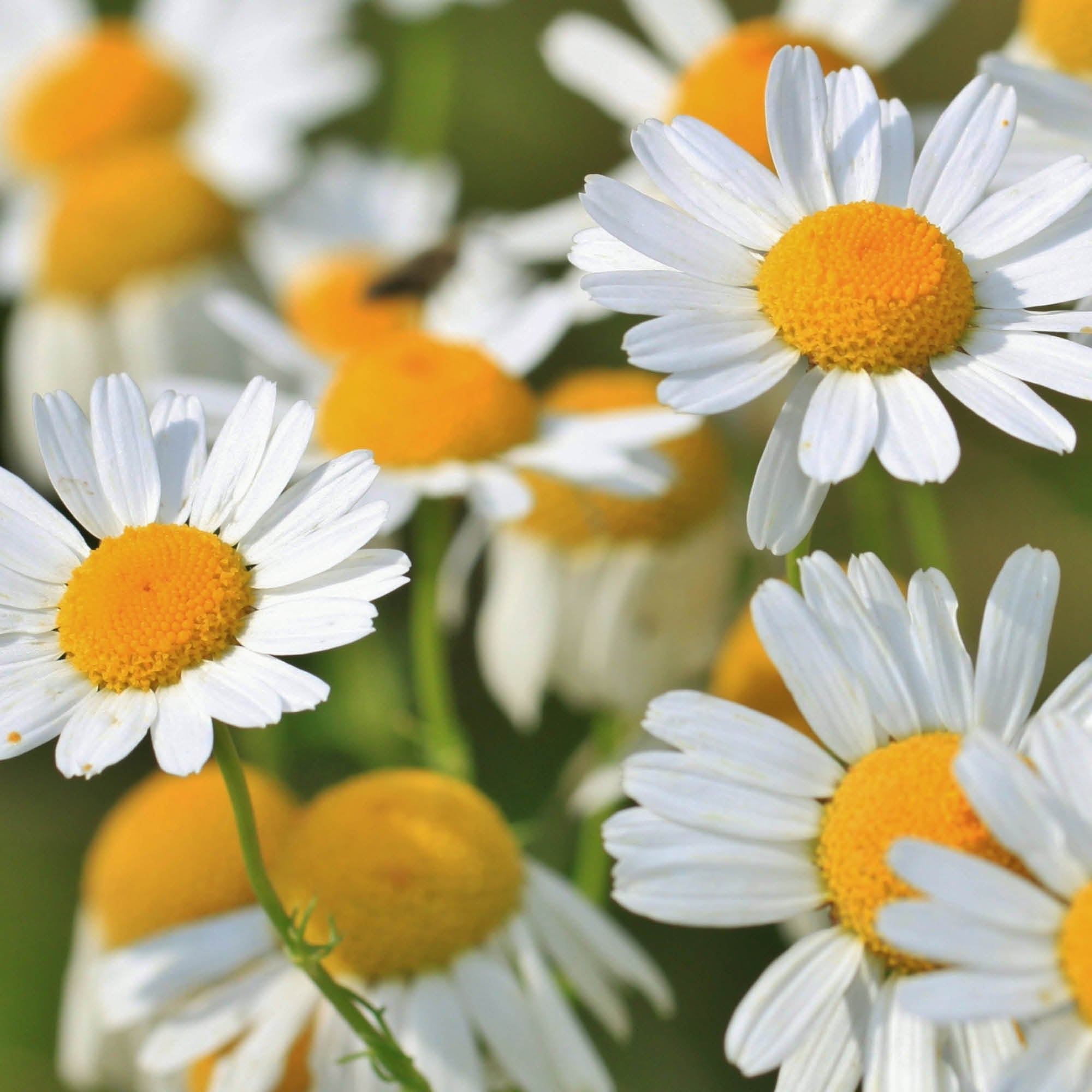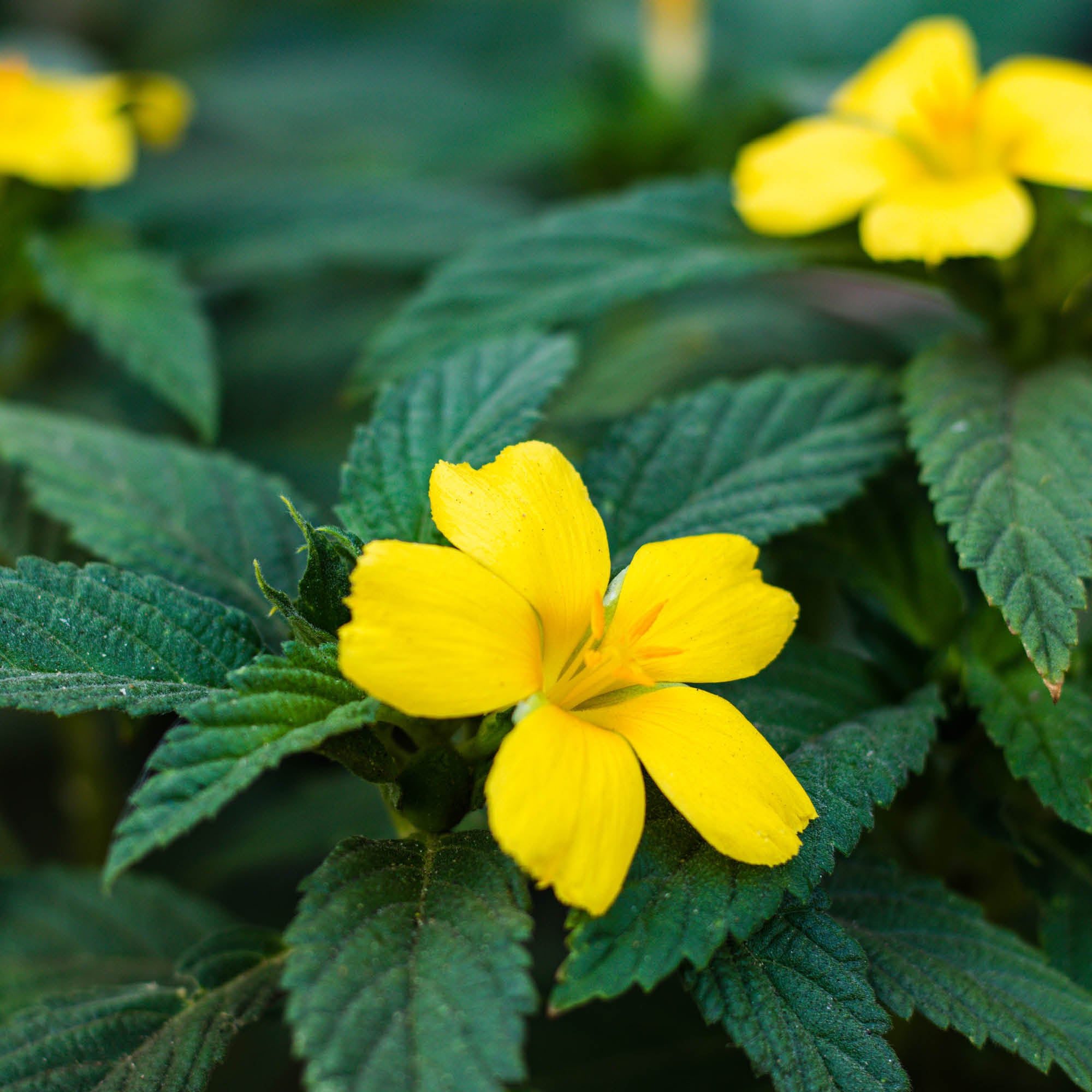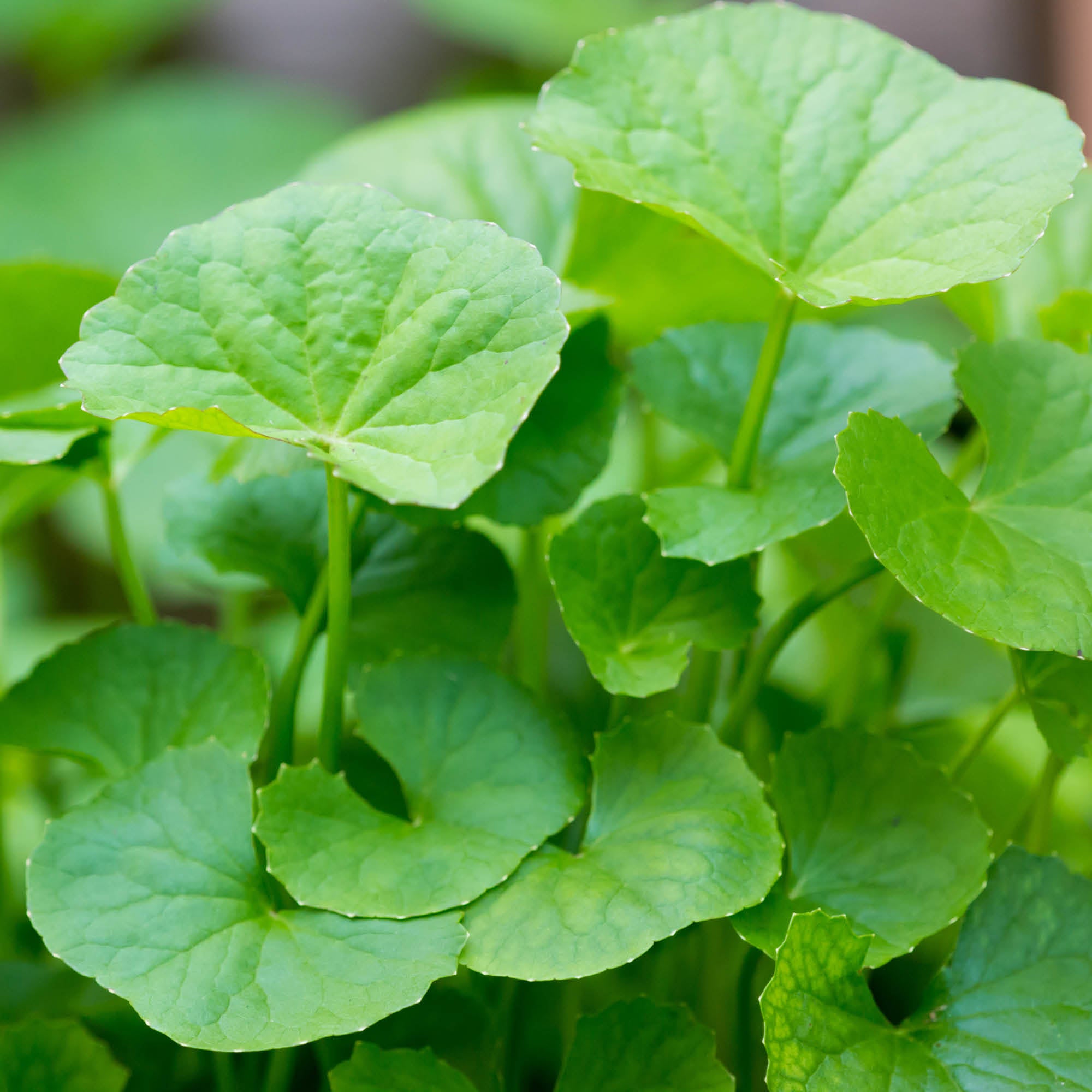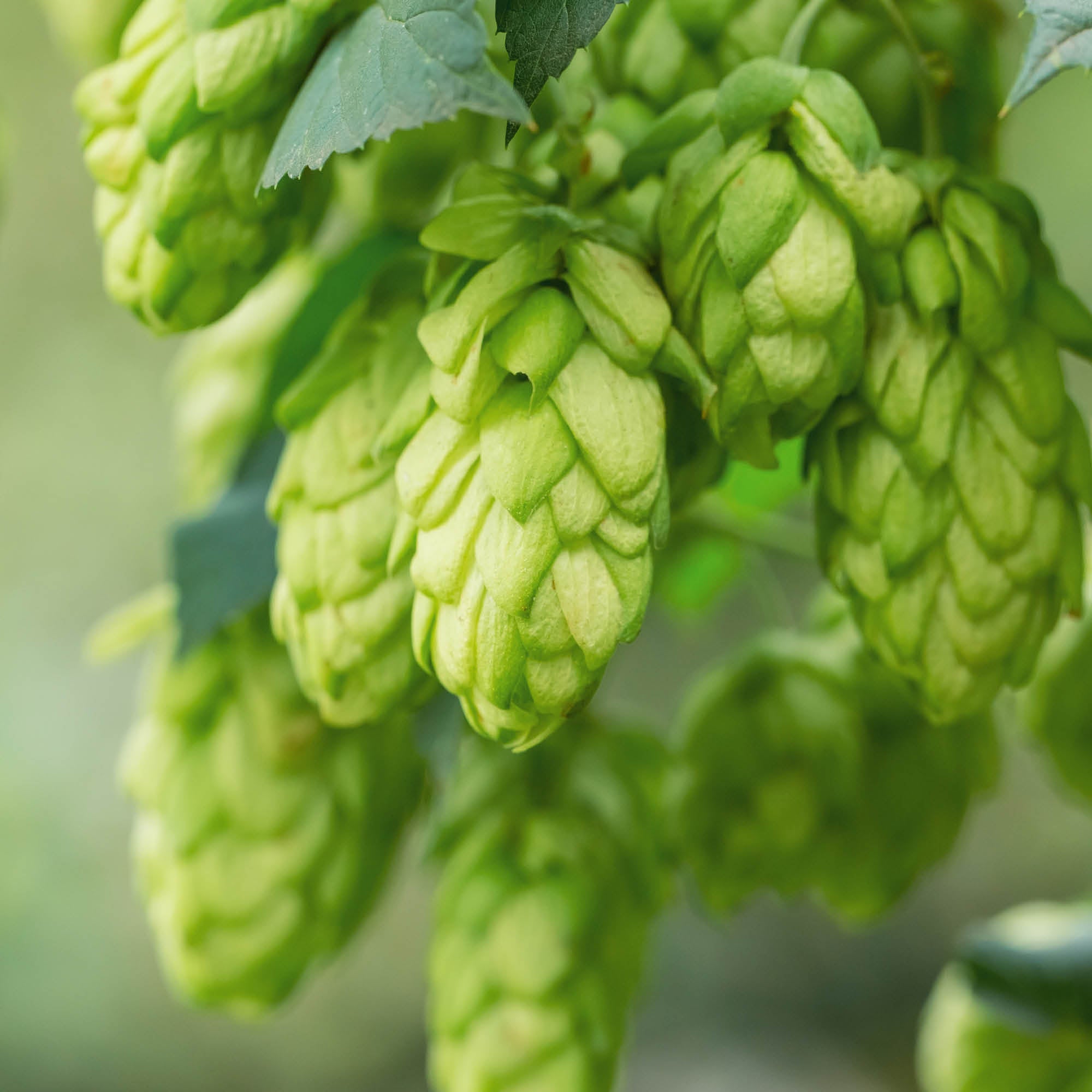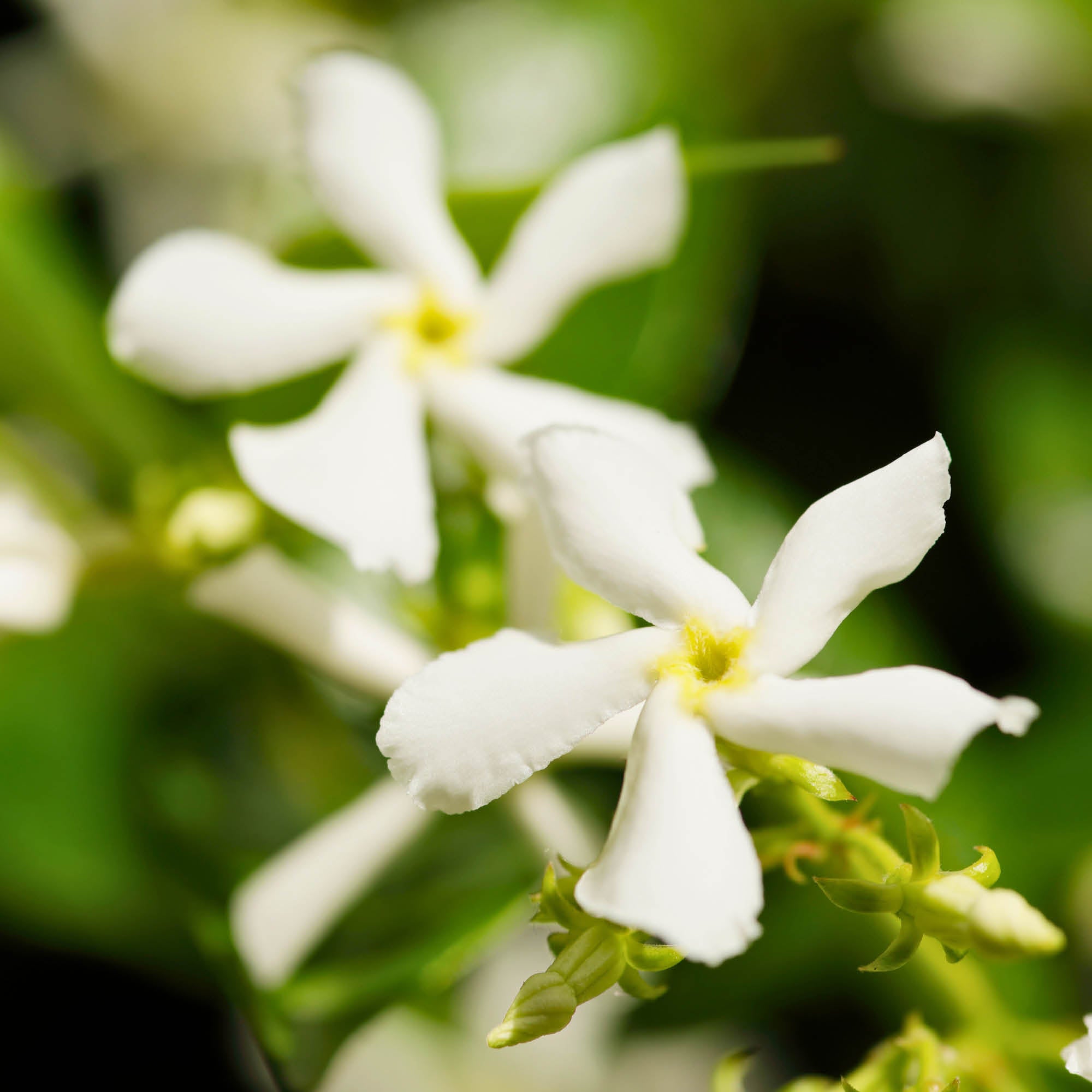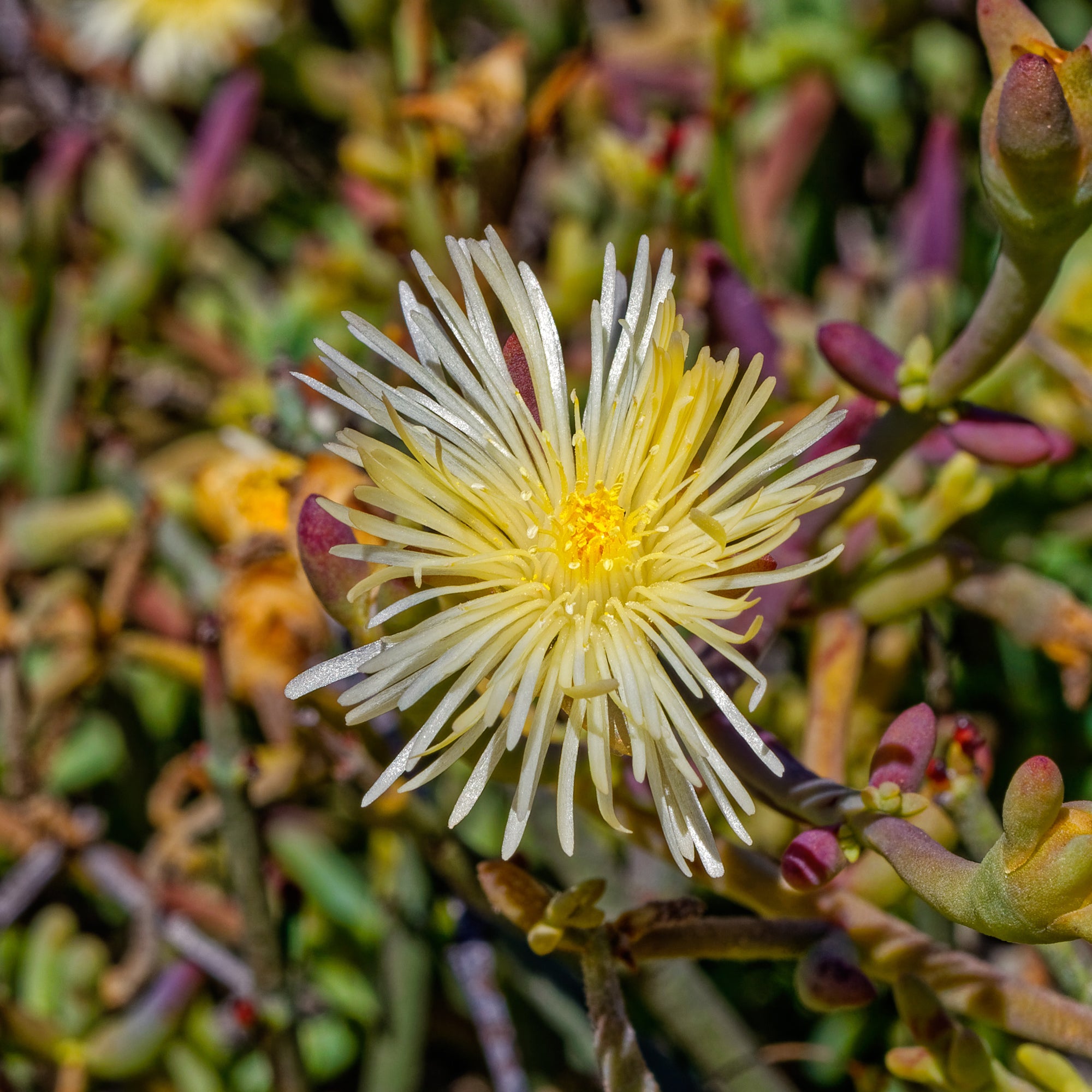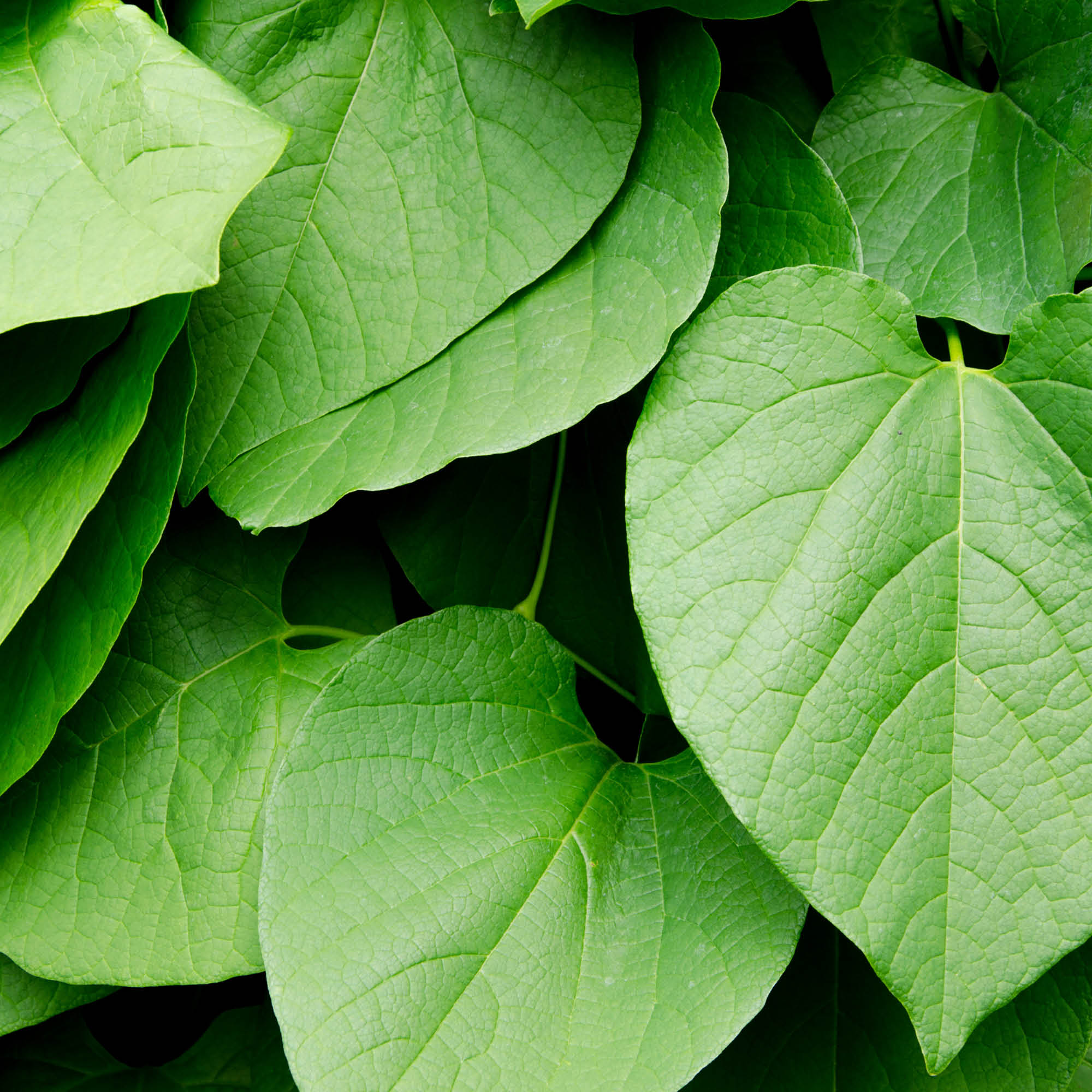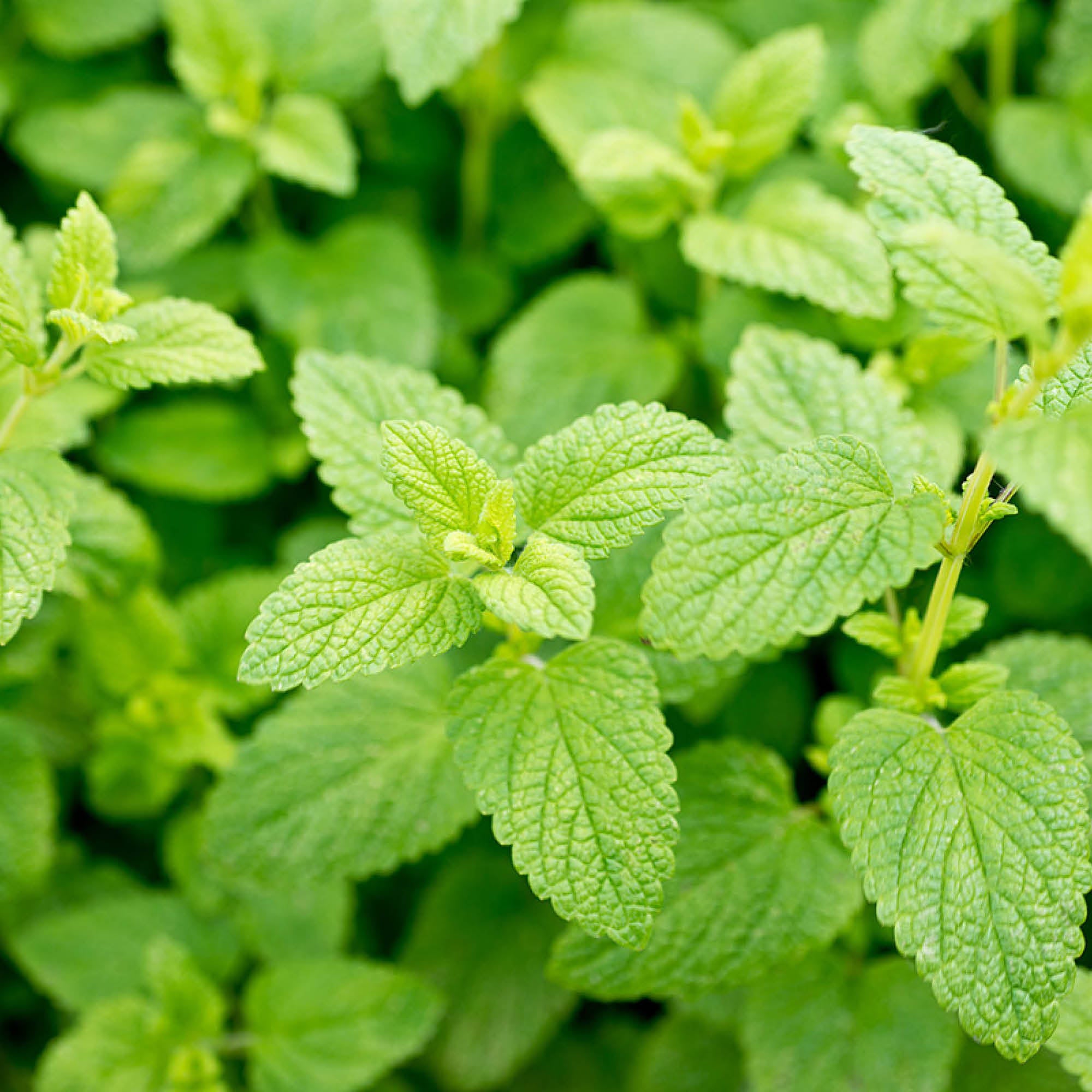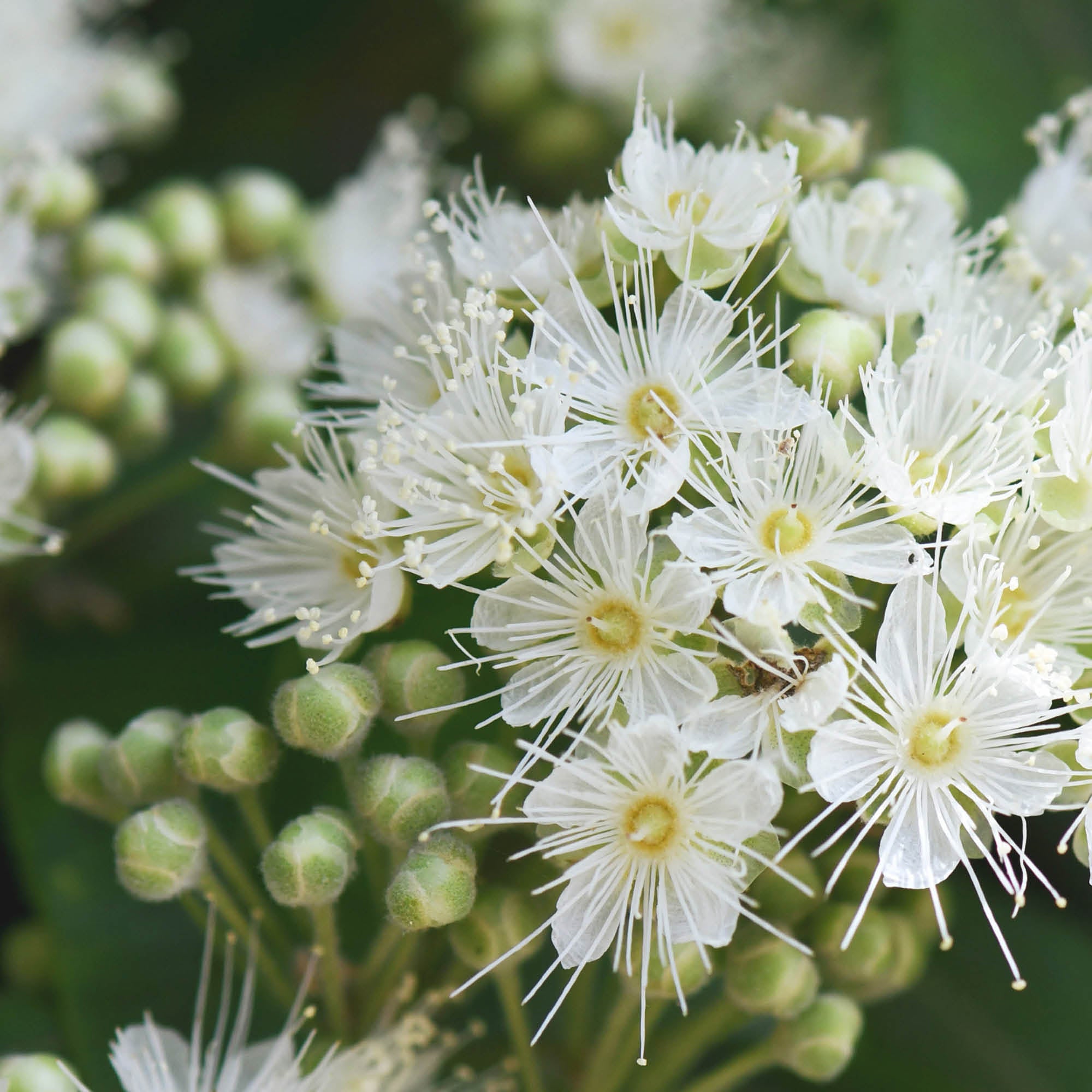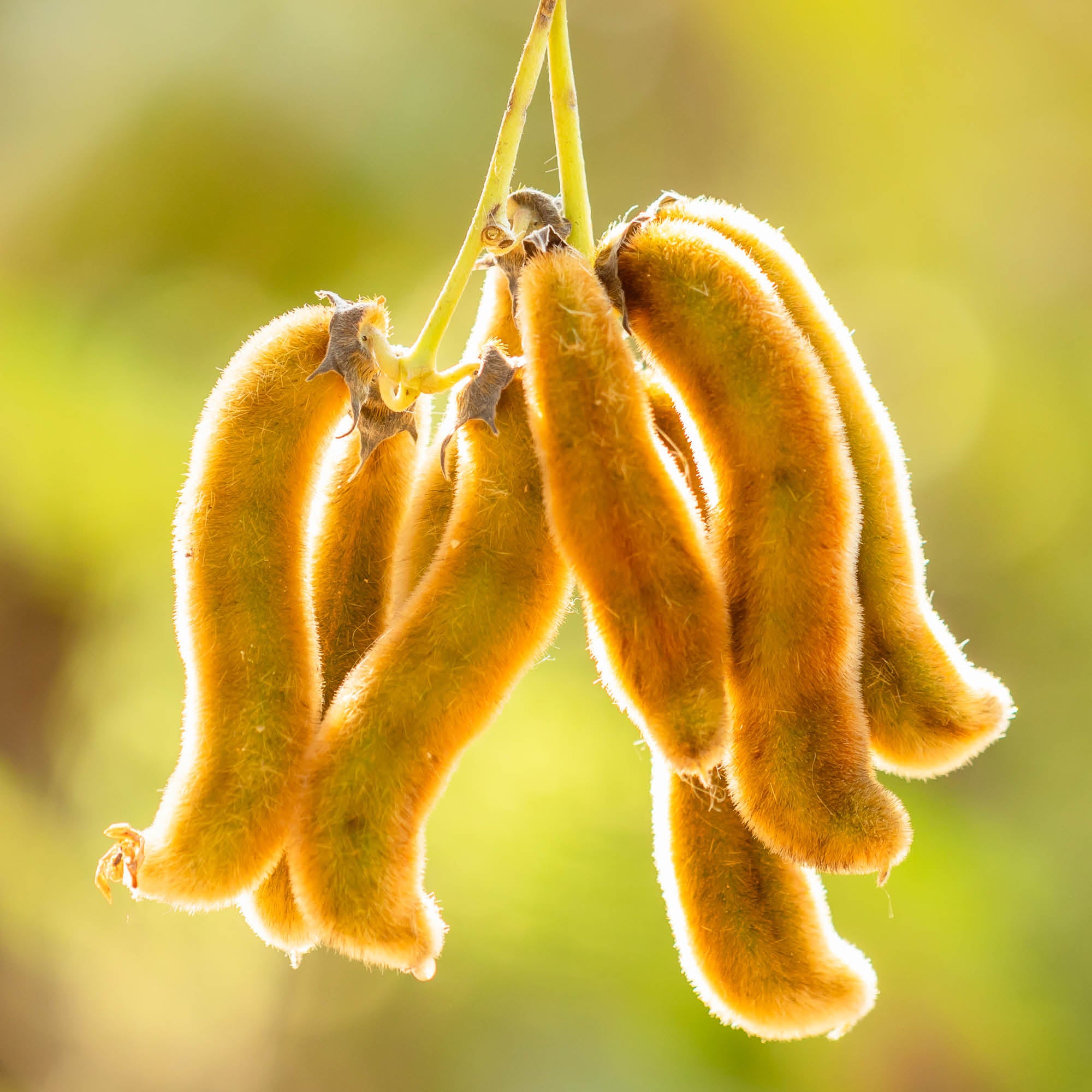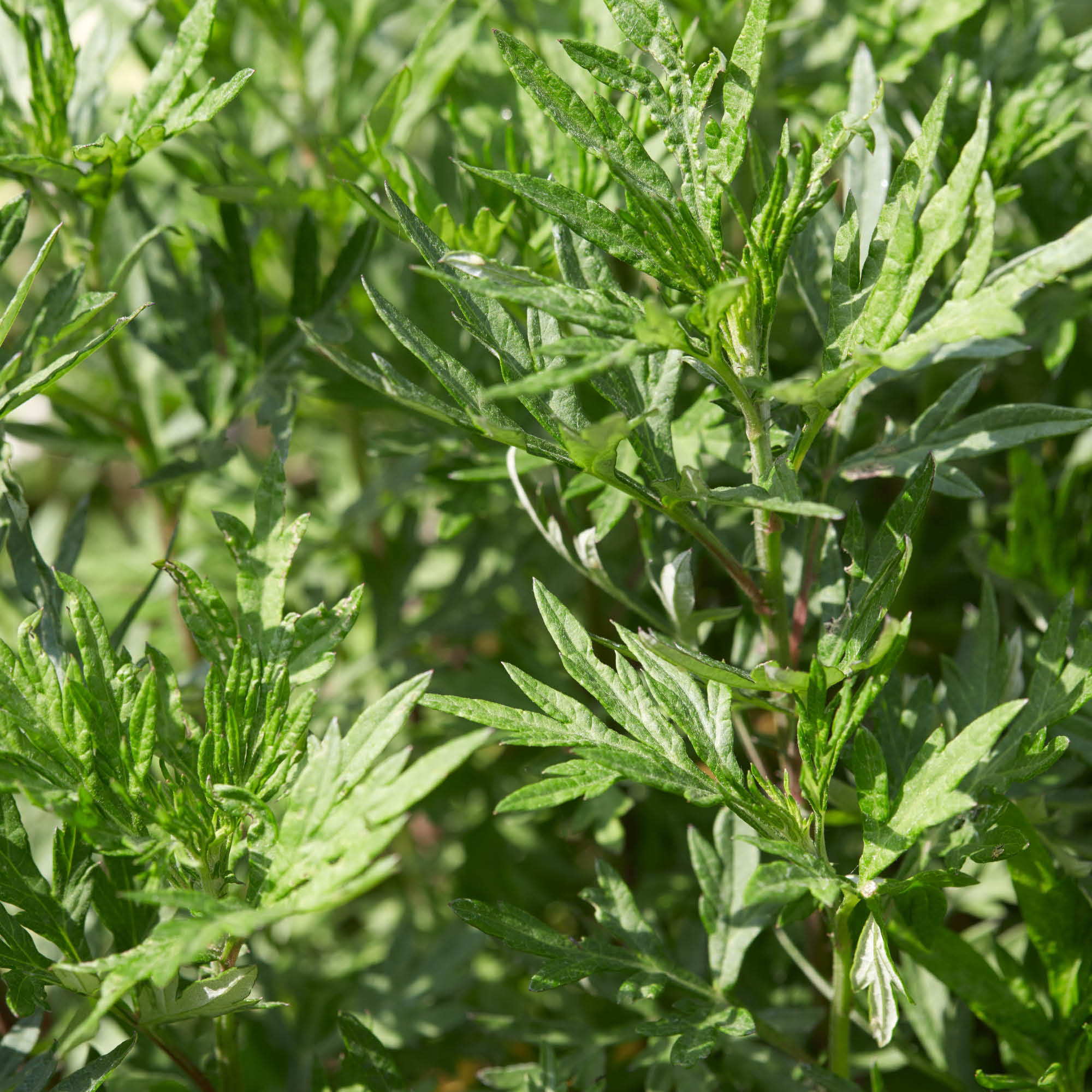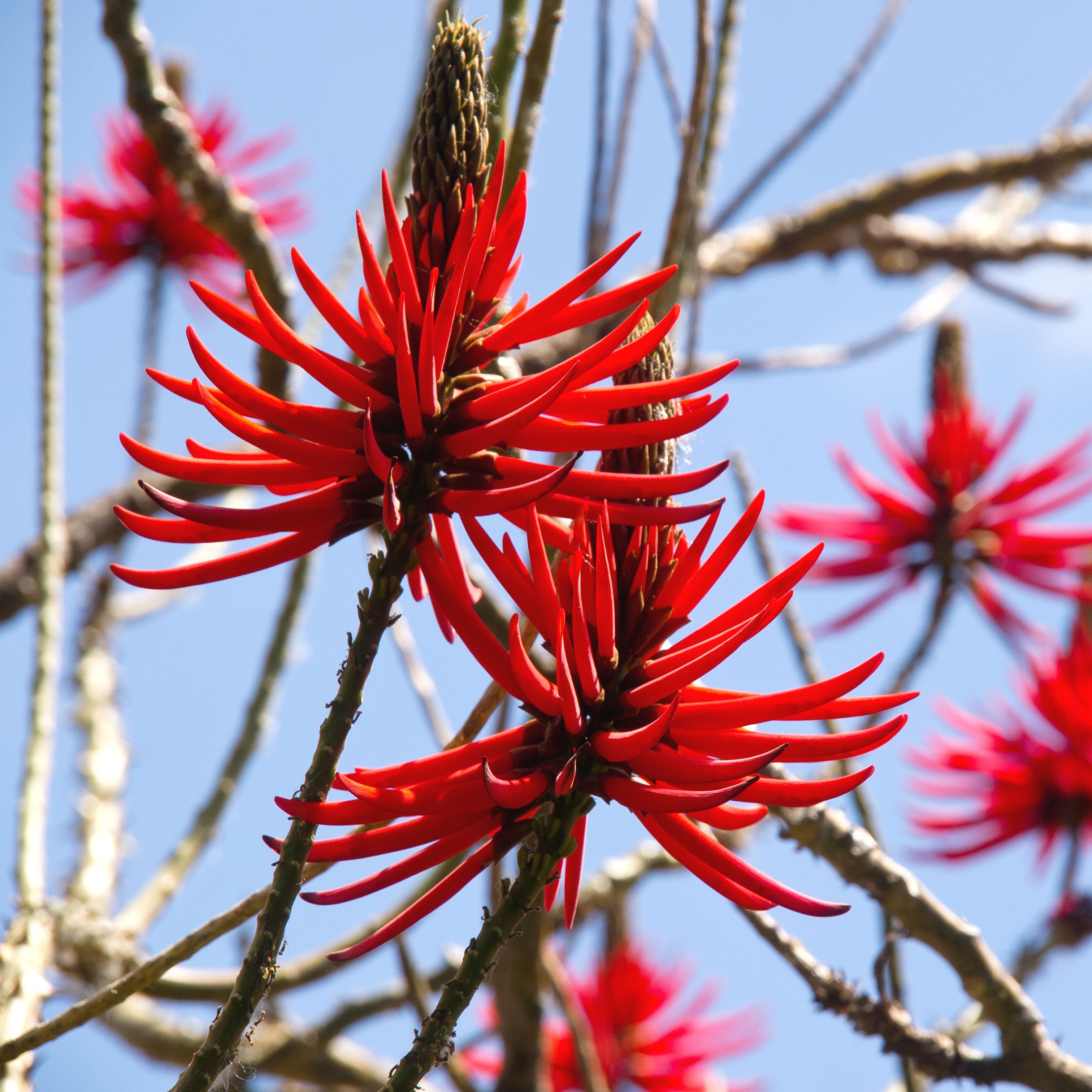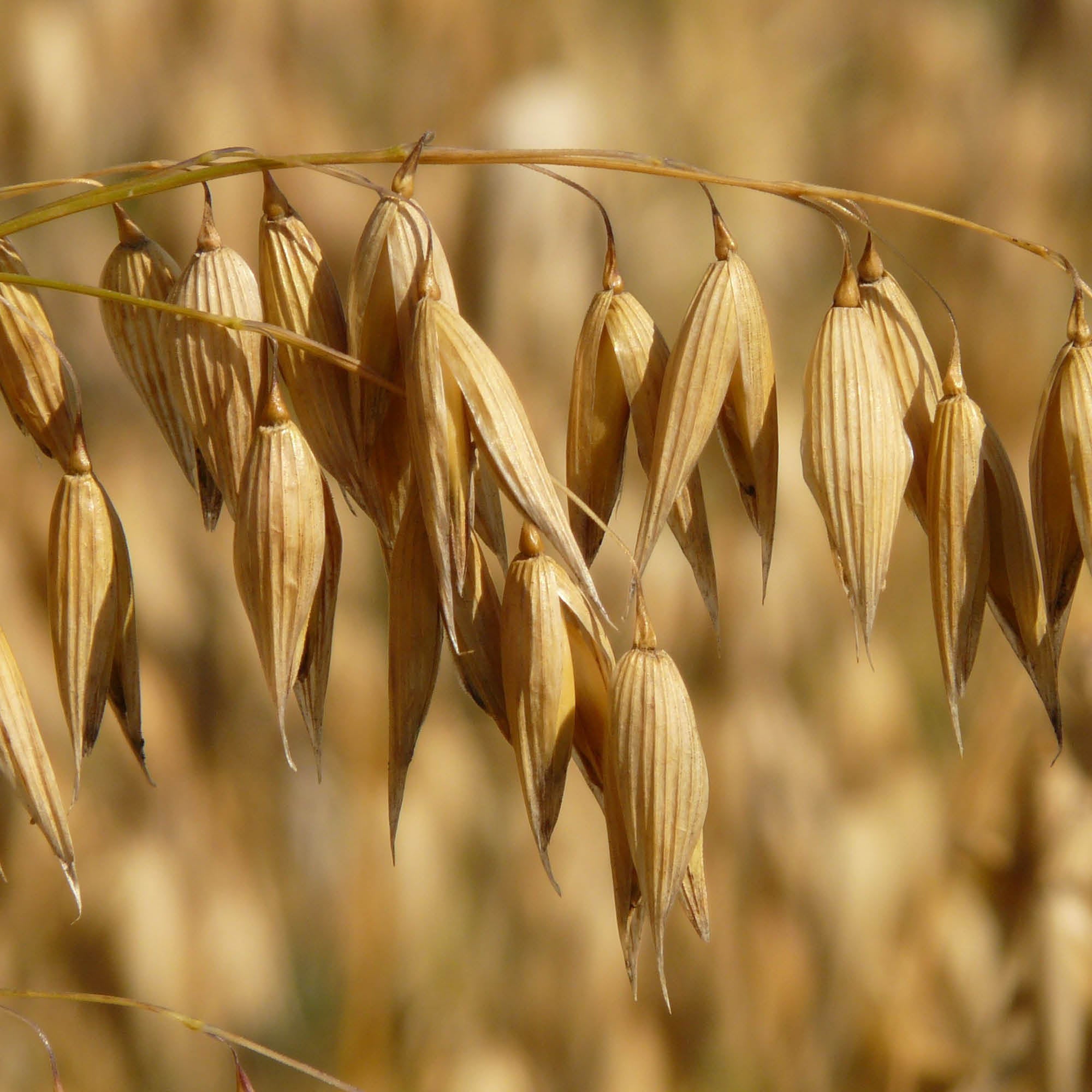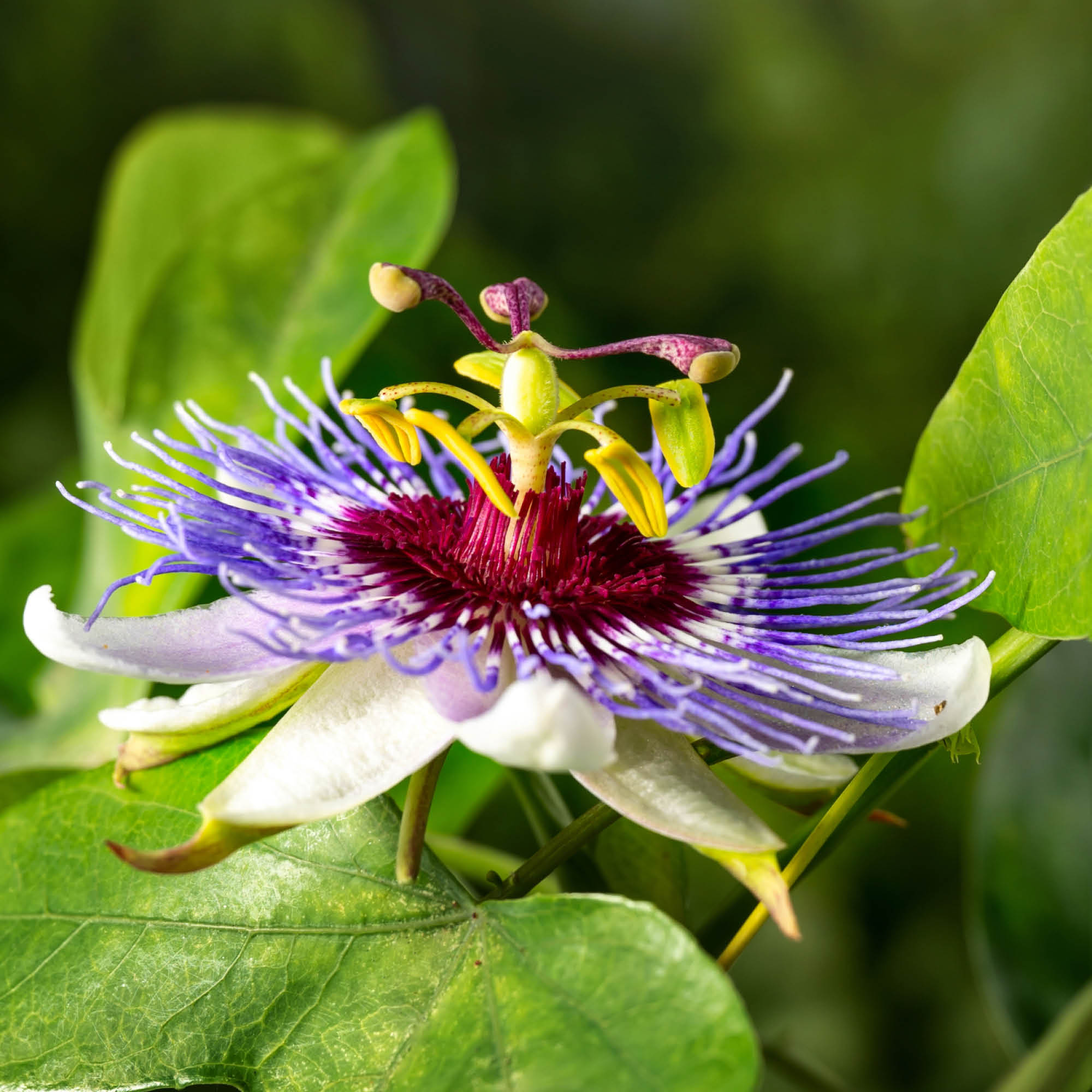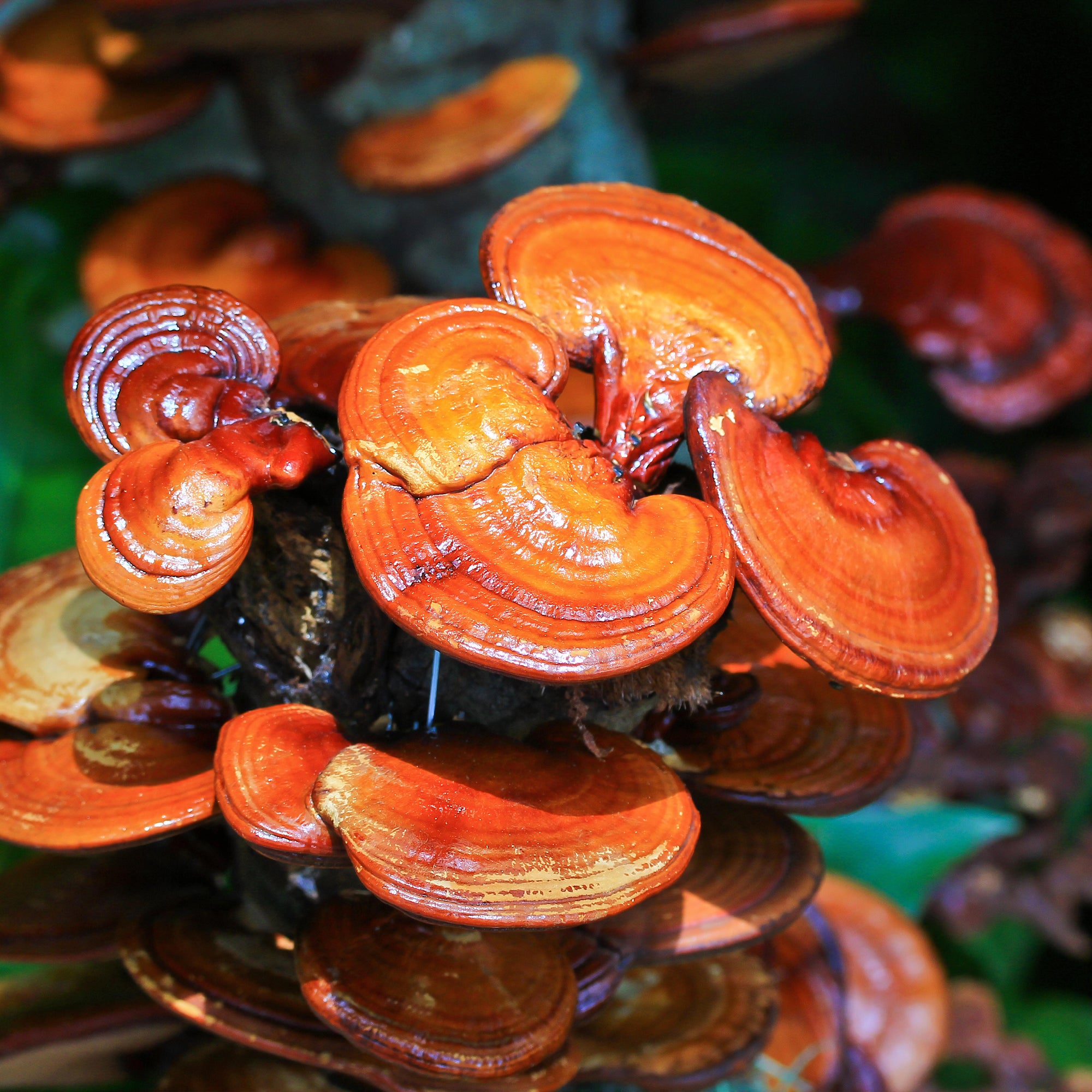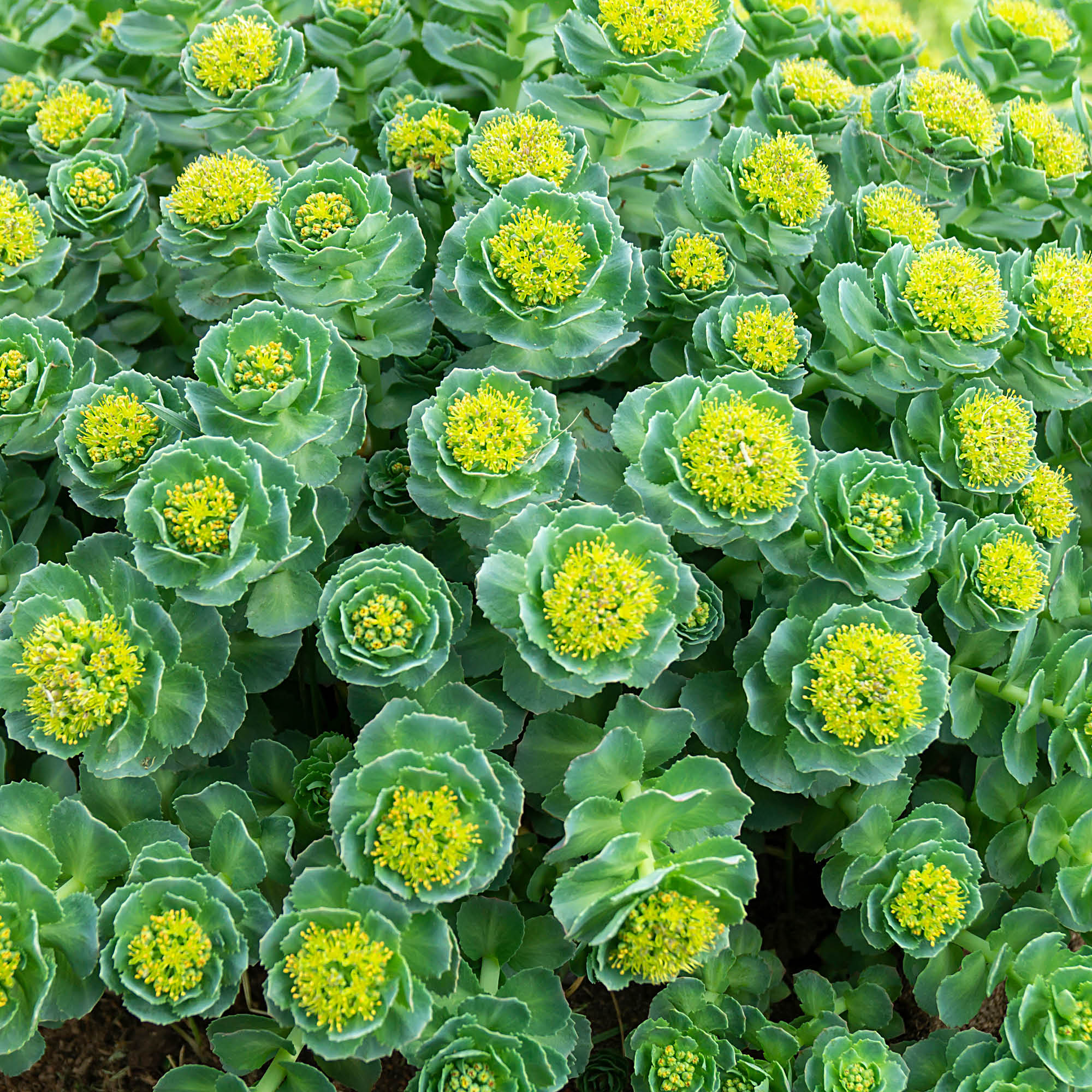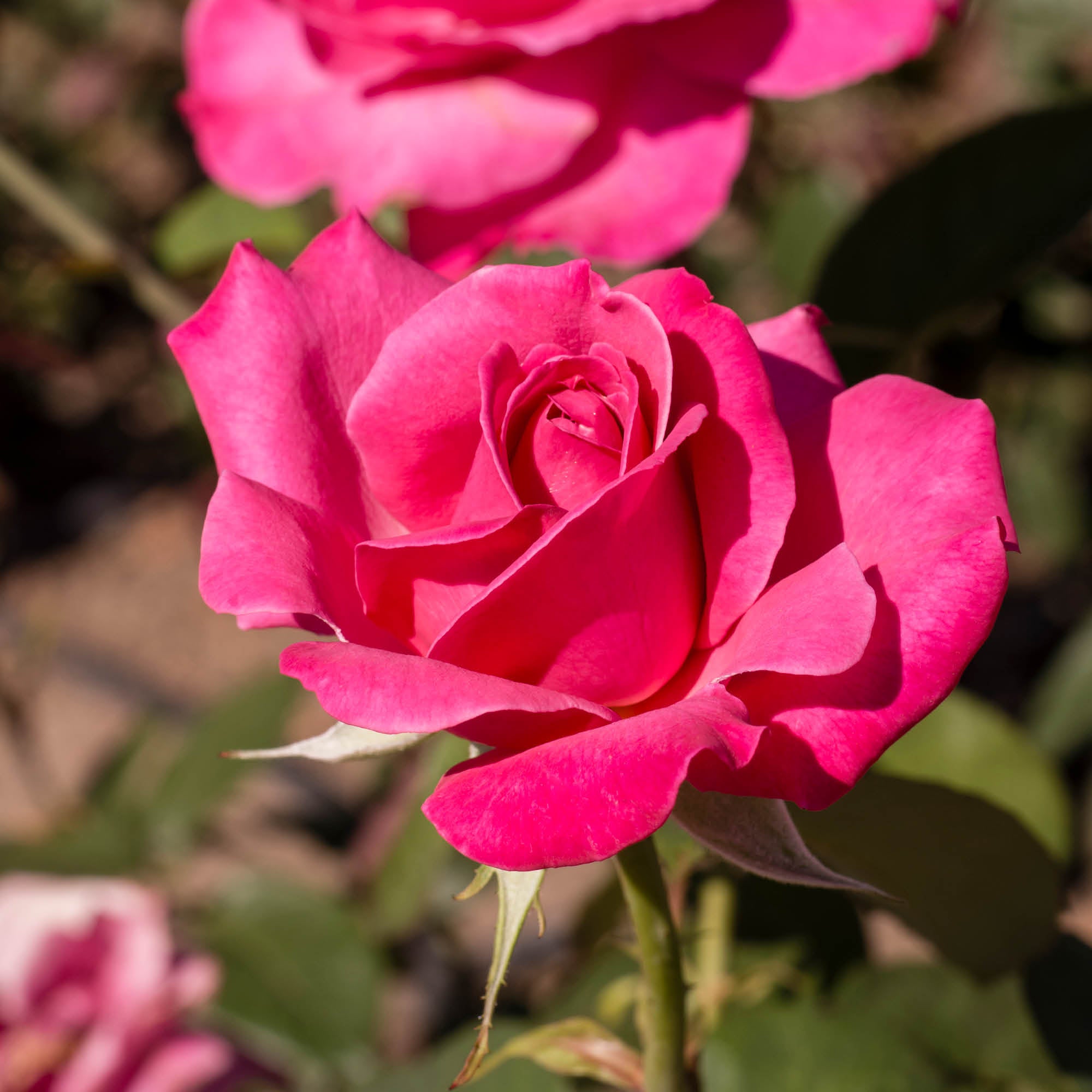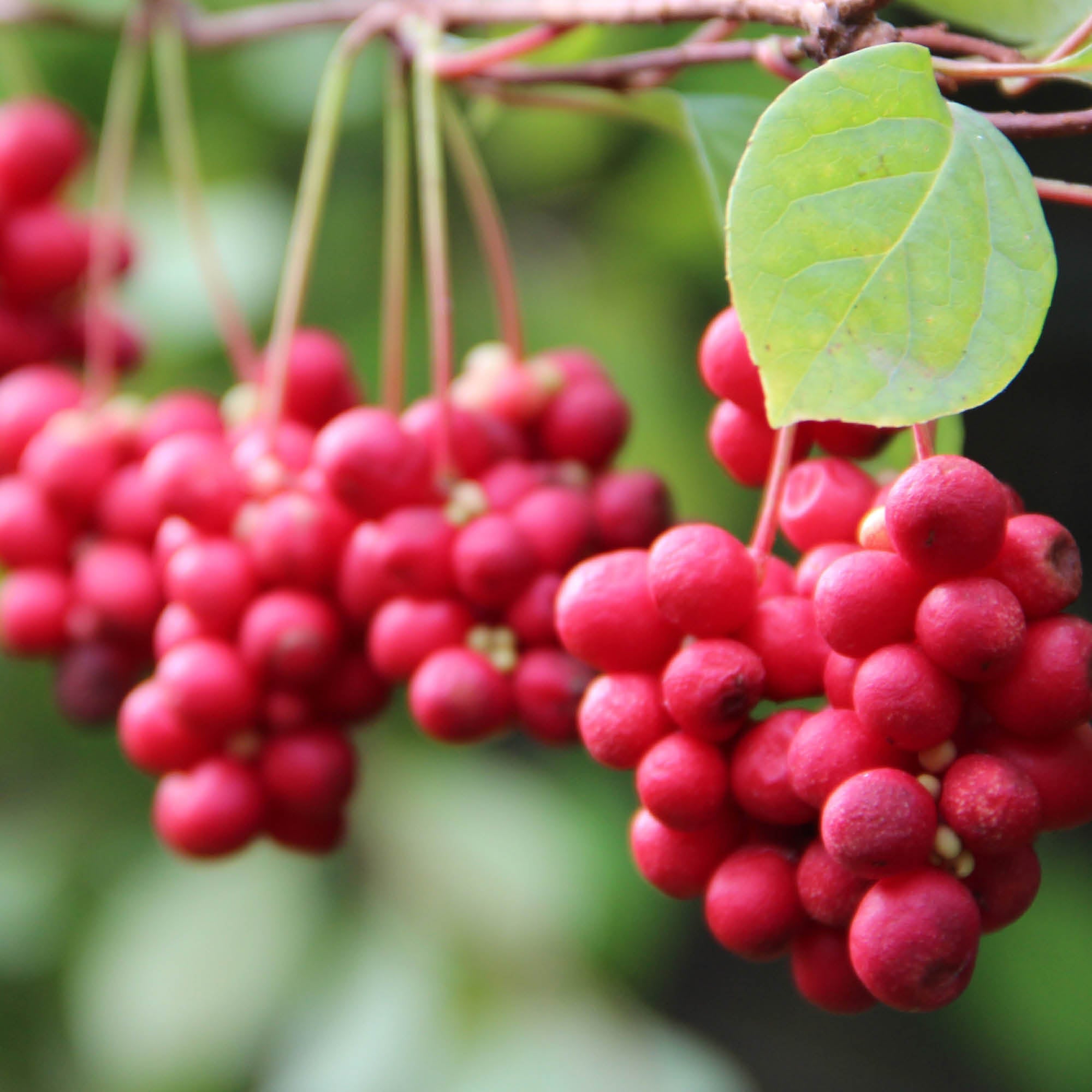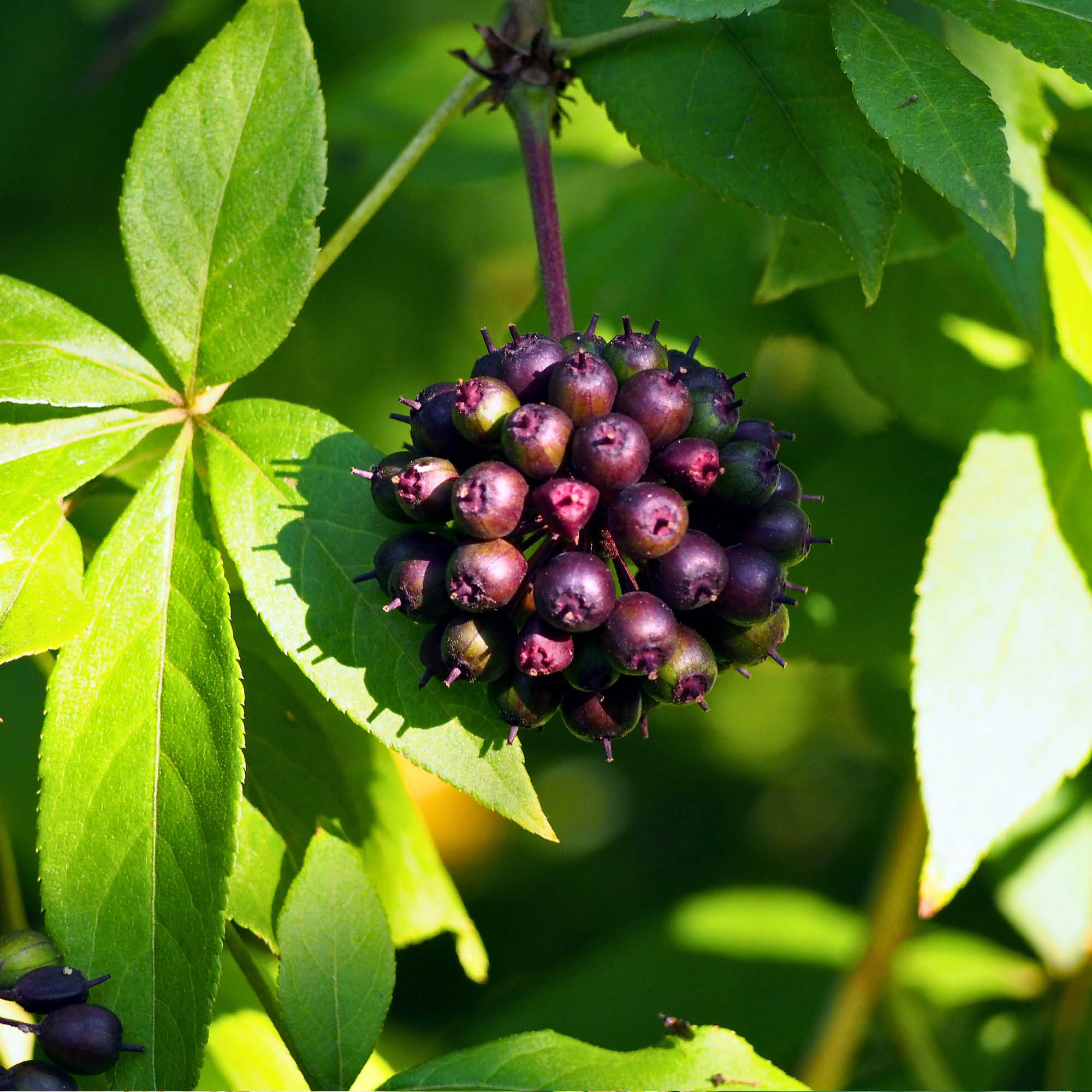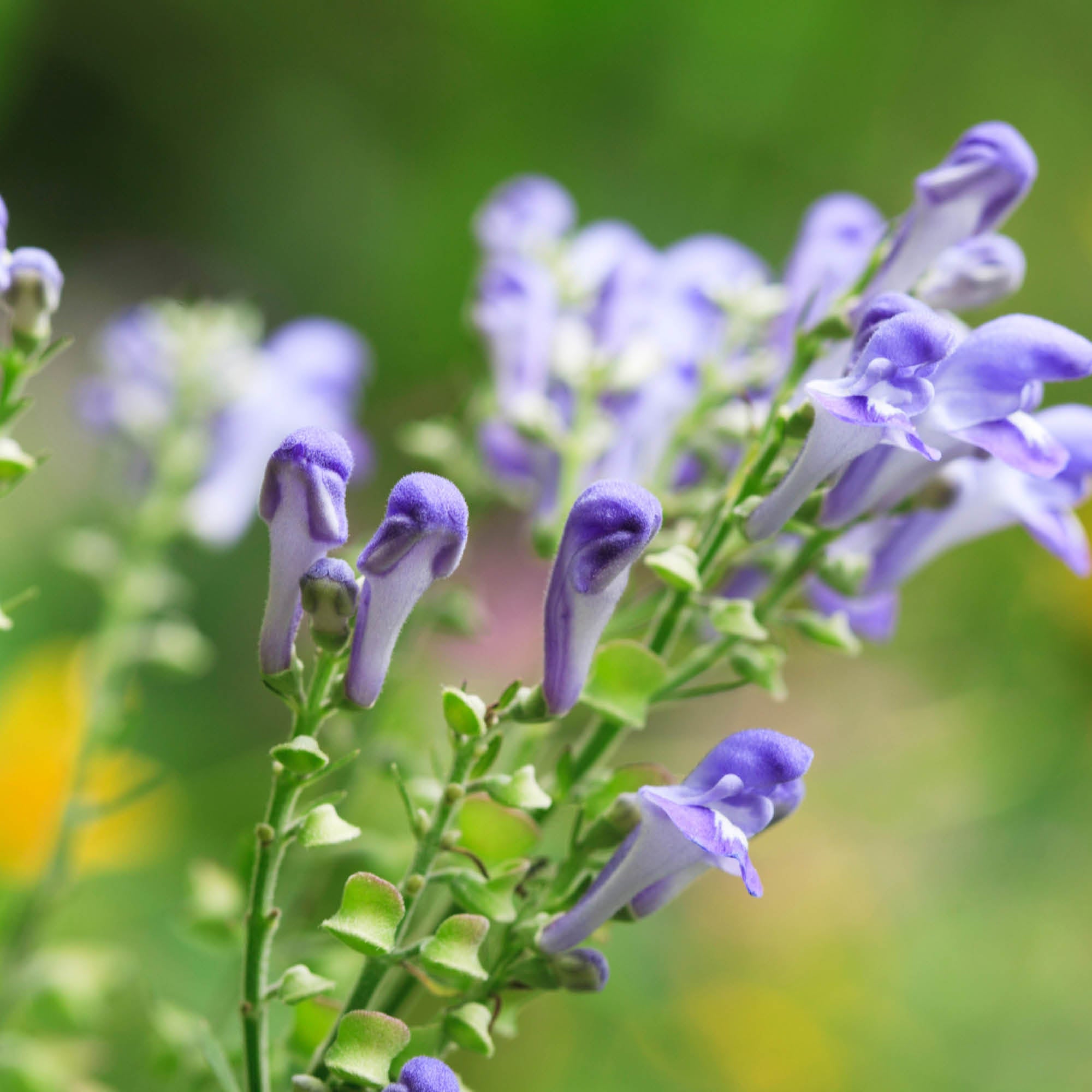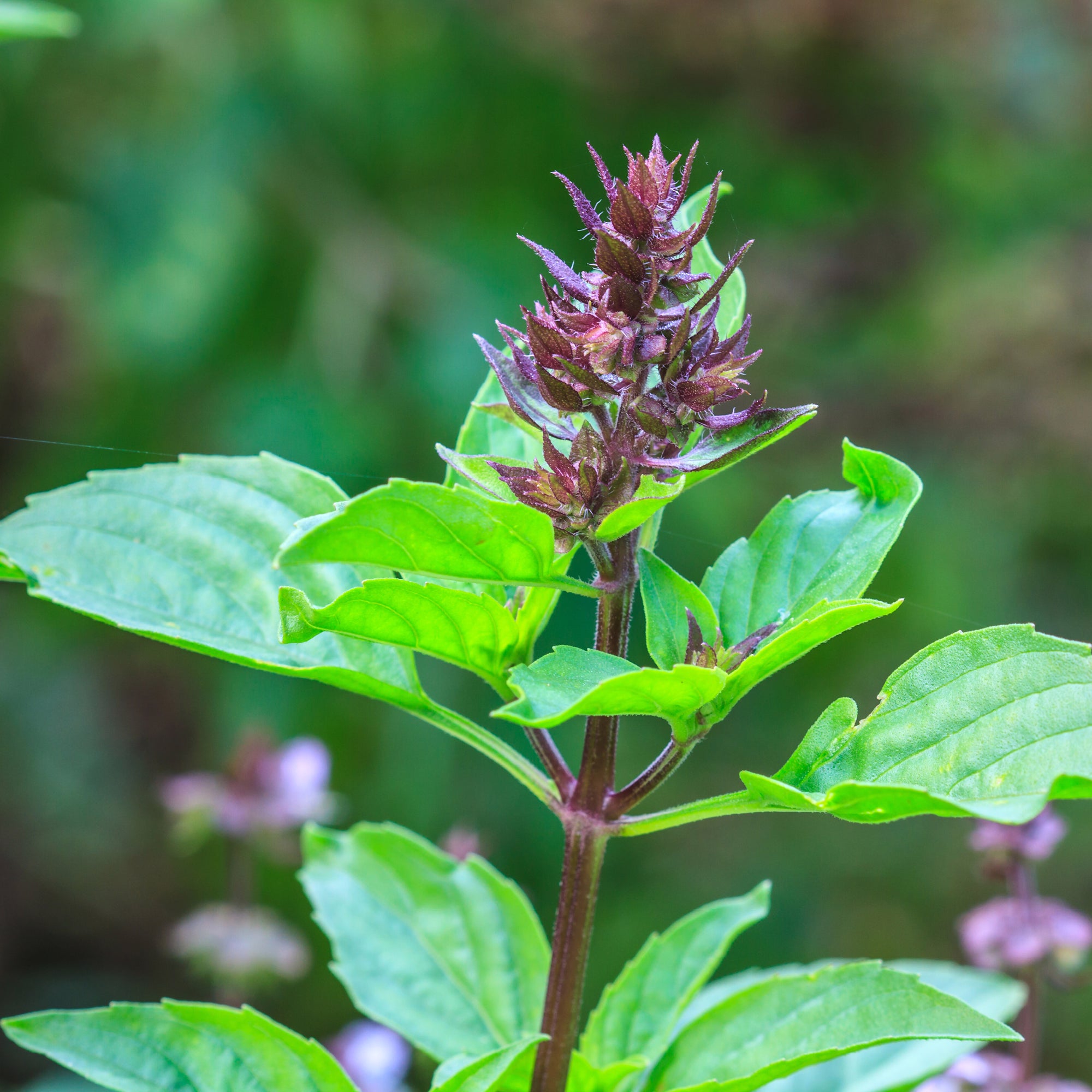Common Use: Herbs For
Nervous System
The nervous system transmits signals that coordinate actions and sensory information to and from different parts of the body. It plays a central role in regulating essential functions like breathing, heartbeat, digestion, sleep, and stress response. A healthy nervous system supports clear thinking, emotional balance, coordination, and overall resilience.
Shop Herbs for Nervous System
-
Brainstorm Herbal Tea Blend
Vendor:Happy Herb CoRegular price $20.00 AUDRegular priceUnit price / per -
Ashwagandha
Vendor:Happy Herb CoRegular price From $21.50 AUDRegular priceUnit price / per -
Brahmi (Bacopa) Leaf
Vendor:Happy Herb CoRegular price $16.00 AUDRegular priceUnit price / per
Explore Herbs for Nervous System
Discover Blogs and Recipes on Nervous System in the Herb Hub
Nervous System Frequently Asked Questions
Have a question we haven't answered yet? Get in contact with us here.
Collapsible content
Collapsible row
Collapsible row
Collapsible row

Happy Herb Co
Dedicated to supporting plant-based health and happiness.
Explore our huge range and discover the wonderful world of herbs at Happy Herb Co.

Australia's Biggest Range
Shop Online or In-Store

Free Shipping Over $150
Australia Wide

25 Years of Service
Our Priority is Satisfaction

Secure Shopping
Powered by Shopify
Happy Herb Co acknowledges the Traditional Owners of Country throughout Australia and recognise the continuing connection to lands, waters, skies and communities. We pay our respect to Aboriginal and Torres Strait Islander cultures, and to Elders both past and present.
- Choosing a selection results in a full page refresh.
- Opens in a new window.

